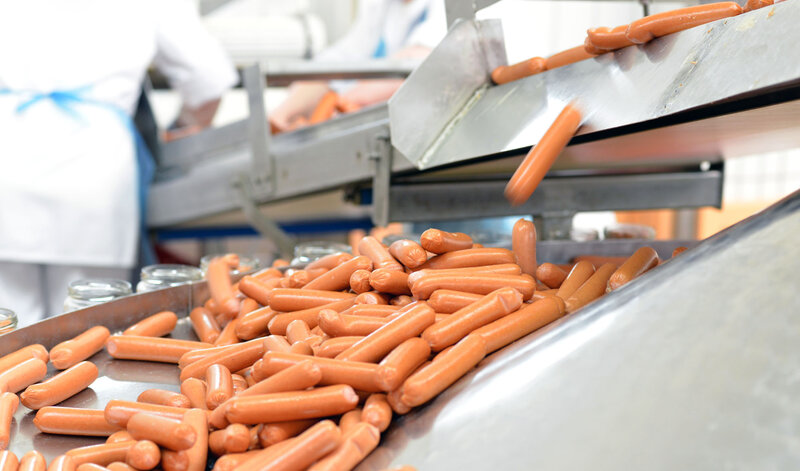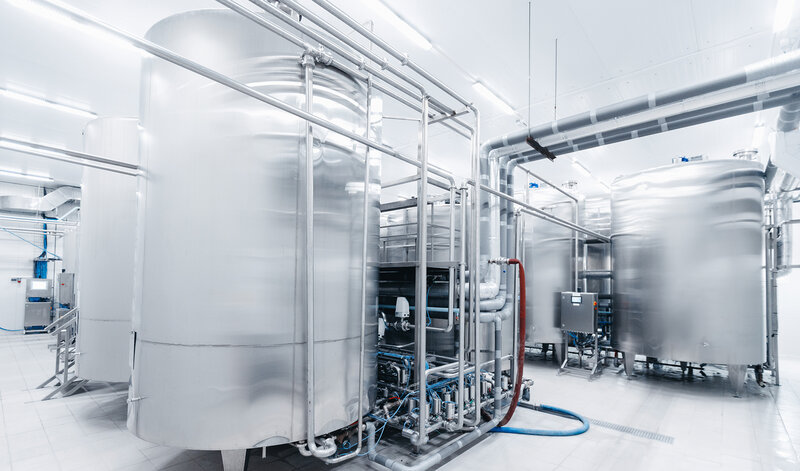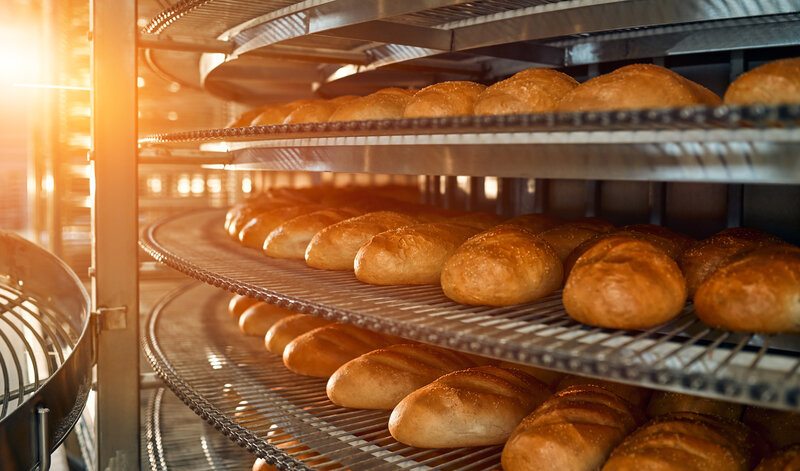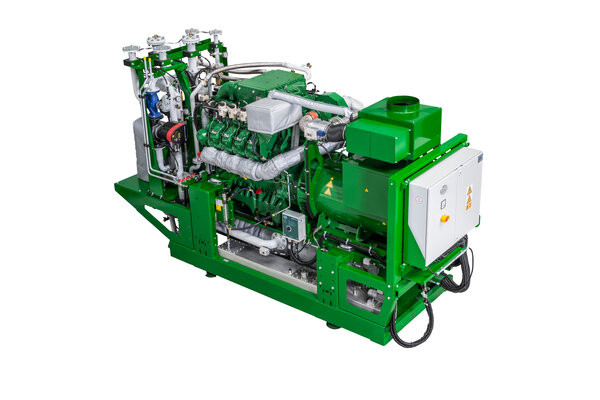
Food & Beverage Industry
The food industry's production processes often involve energy-intensive operations, notably in areas such as livestock farming and the operation of refrigerated warehouses. These processes consistently necessitate substantial energy consumption, mandating a continuous and uninterrupted energy supply around the clock. This underscores the imperative for economically efficient and dependable energy supply solutions, with cogeneration emerging as a pivotal resolution.
Cogeneration for the food and beverage industry
Energy Solutions for Various Operations
The demand for electricity and heat varies across different operating locations, often requiring larger-scale provisions of steam, hot water, or cooling.
The solution is simple and versatile: A 2G combined heat and power system is precisely calibrated for specific applications, ensuring the production of the exact type of energy needed. Incorporating absorption coolers, steam generators, and hot water heat exchangers makes numerous additional applications possible. The overarching goal is to maximize the system's utilization to expedite financial benefit. A 2G combined heat and power system can also function as an emergency power generator, ensuring continuity during power outages and preventing production losses.
However, the advantages of energy supply concepts relying on combined heat and power systems extend beyond economic benefits. With consumers showing increasing concern about the environmental impact of their food choices, cogeneration, as a highly efficient mode of energy production, has the potential to strengthen your messaging on sustainability.
Revolutionizing Thermal Energy
The beverage industry requires a large amount of thermal energy to clean reusable containers. Depending on the type of beverage, the production process may also require different temperatures. Cogeneration, which provides an environmentally sustainable energy supply, can meet all these requirements and can also be used for public relations purposes.


Enhancing Efficiency and Hygiene in the Meat Processing Industry
Maintaining hygiene is crucial in the meat processing industry. This involves strict adherence to cold chains and regular machine cleaning, which accounts for 40% of the energy consumption. Energy costs make up 15% of the total expenses. Therefore, the potential for substantial savings with a 2G CHP system is significant.


Optimizing Energy Efficiency in Dairy Processing
Dairy products have diverse temperature requirements and need continuous cooling during production. As a result, specialized considerations are necessary. The current infrastructures in dairy processing facilities can seamlessly integrate combined heat and power production into the overall energy supply concept.


Multifaceted Energy Solutions for Bakeries
Bakeries need electricity to power their operations and depend on hot water for tasks such as heating, dough production, and machine cleaning. Refrigeration processes also contribute to cooling requirements, which can be efficiently addressed through an absorption cooling unit connected to the CHP.



















